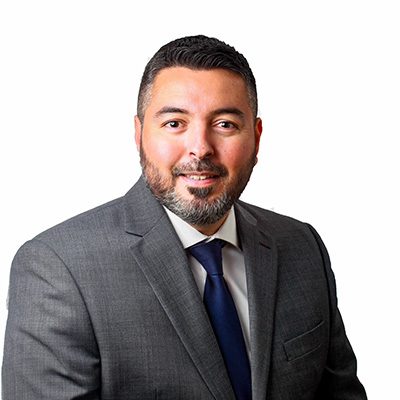The Supreme Court of the United States recently agreed to review the City of San Antonio v. Hotels.com LP et al (case number 20-334) wherein the central issue is costs on appeal taxable in the District Court under Federal Rule 39(e). In this particular matter, the costs were related to supersedeas bond premiums. As the counsel put it in their petition, “This case presents an important and reoccurring question under federal rules that has squarely divided the lower courts.” The division comes from whether the district courts have discretion to “reduce or deny a cost award following a successful appeal”.
Background
The original case was brought by the City of San Antonio on behalf of 173 Texas municipalities against a group of online travel companies. The District Court entered its first final judgment awarding the cities $55,146,489 in unpaid taxes, interest, and penalties. The online travel companies proceeded to obtain a supersedeas bond in order to stay the judgment without ever asking the cities or court to waive the bond requirement. Three years later the District Court issued an amended final judgment of $84,123,089 that included penalties, taxes, and interest that had accrued since the first judgment in April 2013. The online travel companies increased the bond amount to cover the new higher judgment amount.
The online travel companies were ultimately successful in having the judgment reversed on appeal and in obtaining a judgment for costs to be taxed. The most significant cost was the bond premiums for the supersedeas bond, which had been in place for many years by that point. The total bill of costs was $2,353,294.58 of which the majority ($2,008,359) related to interest and premiums for the supersedeas bonds.
Divide in the Circuit Courts
The cities opposed the online travel companies request for costs on appeal, but the District Court ultimately rejected the cities’ objections. The court stated that it was “constrained” by “existing [Fifth Circuit] precedent” from In re Sioux Ltd., Sec. Litig., No.876167, 1991 WL 182578 (5th Cir. Mar. 4, 1991) stating that the case, “Seems to make clear that the District Court has no discretion regarding whether, when, to what extent, or to which party to award costs of the appeal.’” This is despite the District Court acknowledging that San Antonio made “some persuasive arguments”.
The Fifth Circuit’s position puts it at odds with the First, Second, Fourth, Sixth, Eighth, Ninth, Eleventh and Federal Circuits according to San Antonio’s petition to the Supreme Court. In their September petition they wrote that, “it involves an issue that arises constantly in federal courts (potentially every time a bonded judgment is reversed on appeal), and affects what is often the most significant component of any cost award.” They further went on to say, “the circuit conflict is both open and entrenched, should be resolved by this court.” The Supreme Court seemed to agree in granting their petition.
Potential Ramifications
The most obvious ramification from the Supreme Court’s decision will be whether the district courts have discretion in awarding costs on appeal or whether those costs are mandatory. As the petition stated, given that supersedeas bond premiums are often the largest component of costs, this could have a huge impact on cost recovery.
A more subtle point made by the petitioner is whether parties appealing the judgment need to first request waiver of a supersedeas bond in order to clear the way for the cost being taxable in the district court.
Either way, the outcome of the U.S. Supreme Court’s decision will surely impact the way Federal Rule 39(e) is applied in future cases.
Dan Huckabay is President of Court Surety Bond Agency (CSBA) located in Orange, California. CSBA is a leading surety broker specializing in appeal bonds nationwide. He is a frequent presenter and author on the topic of appeal bonds. He has also served as an expert for various cases involving appeal bonds. Dan can be reached at (877) 810-5525 or Dan@courtsurety.com.

